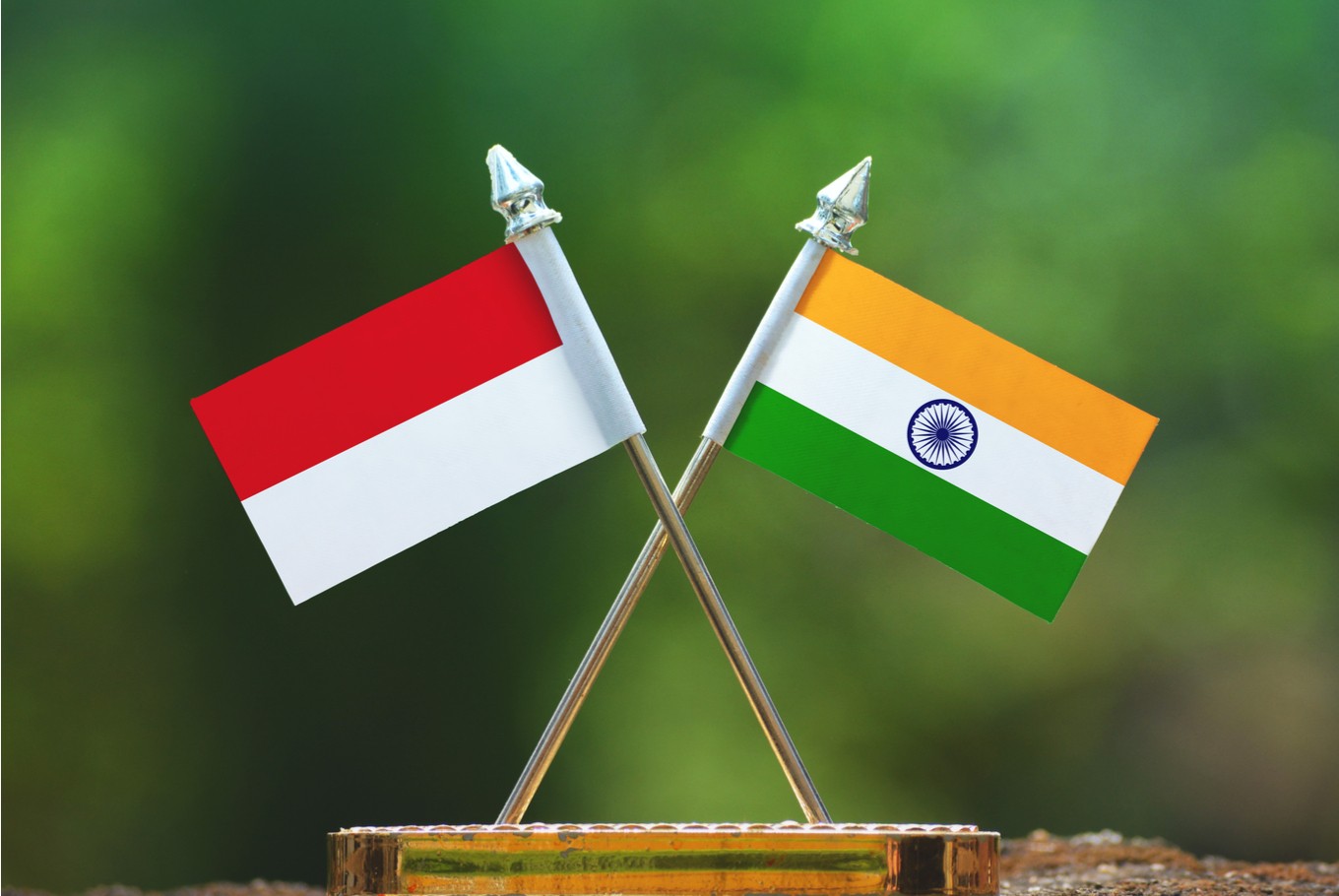Popular Reads
Top Results
Can't find what you're looking for?
View all search resultsPopular Reads
Top Results
Can't find what you're looking for?
View all search resultsIndia-Indonesia relations: Between soft and hard power
The development of India-Indonesia relations has seen an interplay of soft power and hard power.
Change text size
Gift Premium Articles
to Anyone
I
ndian Prime Minister Narendra Modi visits Indonesia on May 29, followed by a visit to Singapore. This is his first visit to Indonesia while President Joko “Jokowi” Widodo has visited India twice. Focused engagements with Southeast Asia and East Asia have been a prominent feature of the Modi government.
The development of India-Indonesia relations has seen an interplay of soft power and hard power. During the entire Cold War period, despite common cultural links India hardly invoked these in its foreign relations with the Southeast Asian region. Soft power started featuring prominently in India’s foreign policy only in the post-Cold War period. The second factor was strategic orientation of foreign policy which was also absent during the Cold War. Although this situation has started changing the use of strategic thinking or hard power is still in a developmental stage in Indian diplomacy.
Modi’s visit to Indonesia is expected to strengthen strategic cooperation between both countries. Strategic partnership with Indonesia provides India a platform to expand its maritime outreach, another area which had long lacked focus in Indian policymaking. Indonesia holds maritime importance for India on two fronts. Firstly, Indonesia is India’s maritime neighbor. Secondly, Indonesia covers a vast area which includes the Indian Ocean, the South China Sea, as part of the emerging strategic entity, the Indo-Pacific.
China’s strategic assertion has caused regional and extra regional powers to concentrate on and create a formidable deterrent entity of Indo-Pacific, where powers such as the United States, Japan and Australia have increasingly encouraged India’s active role. But India’s participation in the proposed security arrangements of the Indo-Pacific would need many details to be worked out.
In the present situation and in the near future India’s strategic partnership with Southeast Asian countries looks more promising, hence a practical way to increase India’s strategic footprint. During his recent visit to India, Coordinating Minister for Maritime Affairs Luhut Pandjaitan spoke of the importance of India-Indonesia strategic partnership for maintaining balance of power in the region and also for counterterrorism and anti-piracy operations. Another point which he raised shows a striking similarity between Indian and Indonesian strategic approaches. He said that despite being an archipelago Indonesia had not paid attention to its maritime domain. For both countries the maritime domain is the emerging strategic area where they can cooperate and advance individual and collective interests.
While hard power is beginning to occupy an important place in India’s diplomacy the role of soft power is currently more established. The historical and cultural ties between India and Indonesia are centuries old, but long neglected. This could be an appropriate time to revive these links. The epics of Ramayana and Mahabharata form the basis of cultural links that both the countries share. During this visit, Prime Minister Modi is expected to attend a kite-flying festival that would feature tales from Ramayana and Mahabharata.
Soft power in the form of ancient history might just be a catalyst to strengthen the ties between India and Indonesia. The Tourism Ministry in India has a tourist scheme called The Ramayana Circuit, comprising 15 destinations where Lord Rama is believed to have traveled. During Modi’s recent visit to Nepal, Janakpur was added to the circuit to strengthen bilateral relations as well as to improve connectivity. Since Indonesia has similar cultural foundations the Ramayana Circuit could be extended to Indonesia. Or anything on similar lines could be started. Connectivity is the basis for increasing outreach. In such case soft power diplomacy could lay the foundation for forwarding strategic interests.
India-Indonesia relations hold much potential and importance for both countries. The Cold War period forced the two nations to remain at a distance despite strong cultural links. But the emerging strategic scenario in the region calls for revival of historical links to meet the present challenges.
***
The writer is an independent researcher and columnist based in Vadodara, India. Check out his Twitter https://twitter.com/NiranjanMarjani










